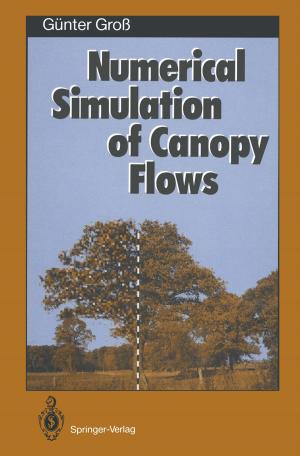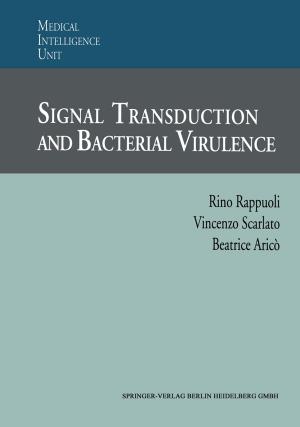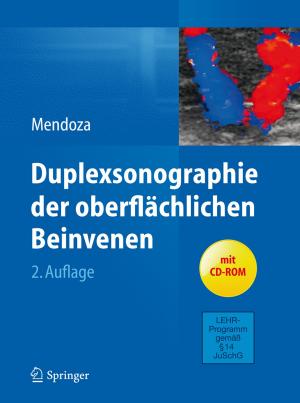Transnational Inquiries and the Protection of Fundamental Rights in Criminal Proceedings
A Study in Memory of Vittorio Grevi and Giovanni Tranchina
Nonfiction, Reference & Language, Law, International, Social & Cultural Studies, Political Science| Author: | ISBN: | 9783642320125 | |
| Publisher: | Springer Berlin Heidelberg | Publication: | January 9, 2013 |
| Imprint: | Springer | Language: | English |
| Author: | |
| ISBN: | 9783642320125 |
| Publisher: | Springer Berlin Heidelberg |
| Publication: | January 9, 2013 |
| Imprint: | Springer |
| Language: | English |
The protection of fundamental rights in the field of transnational criminal inquiries is of great delicateness in the current tangled web of domestic and international legal sources. Due to this complex scenario, this research has been carried out from a four-level perspective. The first part provides a critical analysis of the multilevel systems of protecting fundamental rights from the perspective of supranational and constitutional case law, and in the field of international and organized crime. The second part focuses on EU judicial cooperation in three main fields: financial and serious organized crime, mutual recognition tools, and individual rights protection. The third part provides the perspectives of ten domestic legal systems in two fields, i.e., obtaining evidence abroad and cooperation with international criminal tribunals. The fourth part analyses cross-border inquiries in comparative law, providing a reconstruction of different models of obtaining evidence overseas.
The protection of fundamental rights in the field of transnational criminal inquiries is of great delicateness in the current tangled web of domestic and international legal sources. Due to this complex scenario, this research has been carried out from a four-level perspective. The first part provides a critical analysis of the multilevel systems of protecting fundamental rights from the perspective of supranational and constitutional case law, and in the field of international and organized crime. The second part focuses on EU judicial cooperation in three main fields: financial and serious organized crime, mutual recognition tools, and individual rights protection. The third part provides the perspectives of ten domestic legal systems in two fields, i.e., obtaining evidence abroad and cooperation with international criminal tribunals. The fourth part analyses cross-border inquiries in comparative law, providing a reconstruction of different models of obtaining evidence overseas.















